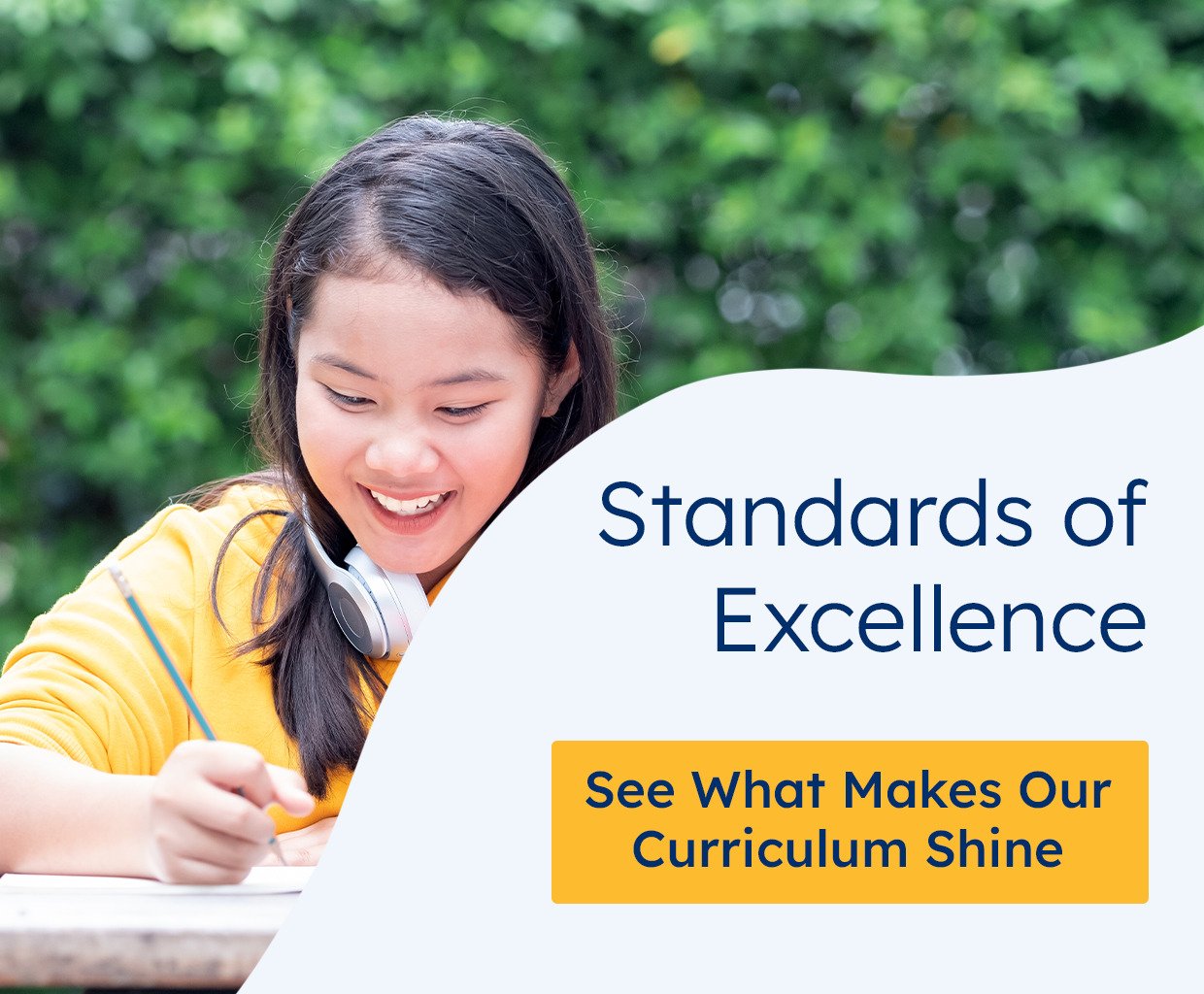Has your child recently been diagnosed with a learning disability? Are you worried that school is going to pose insurmountable challenges? Of course parents want what is best for their children. And academic success, while important, isn’t the only important aspect of your child’s life. What’s most important, at the end of the day, is that your child is a happy and thriving person. With encouragement and the right support, your child can enjoy learning even while managing the challenges that arise from having a disability.
Children who demonstrate a significant discrepancy between academic achievement and intellectual abilities in one or more of the areas of oral expression, listening comprehension, written expression, basic reading skills, reading comprehension, mathematical calculation, mathematical reasoning, or spelling, are said to have a learning disability. Many children with learning disabilities require varied teaching strategies and thrive with the right instruction. The essential question to ponder is: What can I do to help this child learn in the most effective manner that is unique to him or her?
- Keep a positive outlook. A learning disability isn’t the end of the world. We all face obstacles in life, and your role as a parent is to teach your child how to deal with those obstacles without becoming discouraged or overwhelmed. When tests, school bureaucracy and paperwork distract from your child’s well-being, it’s time to get the big picture in perspective and remember that your child needs you to stand tall as a pillar of emotional and moral support.
- Step up as an advocate for your child. Receiving special help for your child can be a challenge, but as a homeschooling family you’ll have the flexibility and the freedom to ensure that he or she receives what is necessary. Try to effectively utilize your role as a proactive parent and work on finding ways to boost your child’s potential for success. When you’re feeling overwhelmed and doubtful, it is still possible to remain calm and reasonable. You make a big difference in your child’s life, so remember to approach all challenges with optimism and faith.
- Identify your child’s learning style. Every child, regardless of having a disability or not, has a unique learning style. Children who are visual learners learn best by seeing or reading. Other children learn best by listening. And other children, who are kinesthetic learners, do best by doing. You can help a child with a learning disability by identifying his or her primary learning style, then taking steps to make sure that style of learning is reinforced in your homeschool classroom.
- Exercise, eat right, and sleep. It might sound like common sense, but exercising, eating right, and getting sufficient sleep are critical for a learning disabled child. It is of the utmost importance to keep this balance. If children with learning disabilities are eating right and getting enough sleep and exercise, they will be able to better focus, concentrate and work hard.
* Regular physical activity makes a huge difference in mood, energy, and mental clarity. Encourage your learning disabled child to get outside, move and play.
* Eating right will aid your child’s growth and development. A healthy, nutrient-dense diet full of fruits, vegetables, and lean protein will help boost mental focus. Be sure your child starts the day with a good breakfast, too.
* Children require more sleep than adults. On average, preschoolers need from 11-13 hours per night, middle school children need about 10-11 hours, and teens and preteens need from 8½-10 hours. You can help make sure your child is getting the sleep he or she needs by enforcing a set bedtime. The type of light emitted by electronic screens (computers, televisions, iPods and iPads, portable video players, etc.) is activating to the brain. Powering off all electronics at least an hour or two before lights out will help them wind down. - Become your own expert.Get used to conducting your own research and keep yourself privy to new developments in learning disability programs, therapies, and educational techniques. While it’s okay to lean on others — teachers, therapists, doctors — for solutions, remember that you’re the foremost expert on your child. Your own expertise will be what counts the most when it comes to finding the tools he or she needs in order to learn.
The following resource list is here to help you get started with your quest. Many times, finding the best method to reach and connect with your learning disabled child will require trial and error.
The Homeschool Legal Defense Association (HSLDA). This national organization for homeschooling is always an excellent resource to answer your questions.
Special Needs Homeschooling. This great resource contains informative articles posted by parents and teachers about various special needs issues.
National Challenged Homeschoolers Associated Network (NATHHAN). This site is designed to help Christian Families Homeschool Special Needs Children.
While researching the best options for your child, take the time to build relationships with other parents. Having a support system can encourage you through the difficult moments. Try visiting the Learning Disabilities Association of America to find a community for your family where you can share advice and receive help when needed.Want to learn how homeschooling can help your student with a learning disability? Call 800-863-1474 to speak with a homeschooling specialist.







